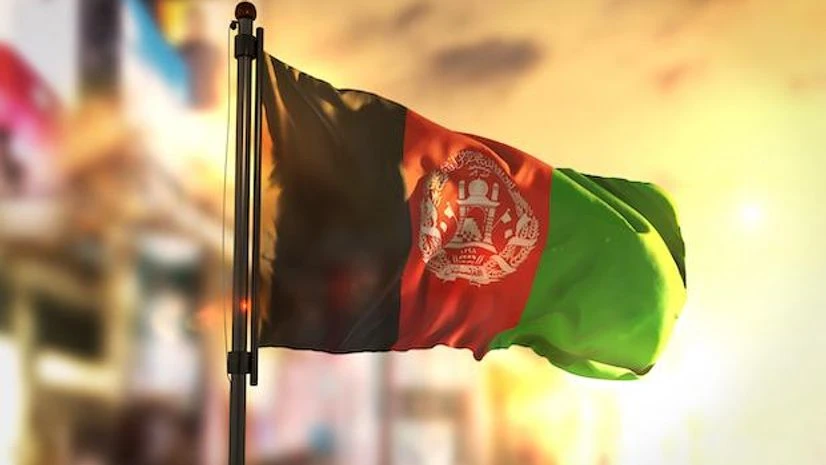As Pakistan is expected to be the main point of discussion during Afghan leaders' visit at the White House this week, Pakistan has reached out to the Afghan government conveying it in clear terms that the upcoming visit must not be used to blame Islamabad, officials told The Express Tribune.
Afghan President Ashraf Ghani and chairman of Afghanistan's High Council for National Reconciliation Abdullah Abdullah are set to visit the United States this week to meet US President Joe Biden.
Pakistan's ambassador to Kabul met Afghan leaders from across party lines and Foreign Minister Shah Mahmood Qureshi also interacted with Dr Abdullah as well as his Afghan counterpart Hanif Atmar at the sidelines of the recent Antalya Diplomacy Forum in Turkey.
Officials have said that Pakistan fears that 'spoilers' within the Afghan setup may use the upcoming visit of President Ghani and Dr Abdullah to blame Islamabad for the failure of peace talks in the conflict-torn country.
At the recent Afghan Track-11 dialogue, Qureshi stressed that Ghani might use the upcoming visit to the White House to blame Pakistan. "If the objective [President Ghani's visit] is to start a new blame game and hold Pakistan responsible for all the ills, I think it will not help. It's a shared responsibility and no one is going to buy this anymore. We will not take any responsibility. We have been accused enough," he said.
On Sunday, White House Press Secretary Jen Psaki said: "President Biden looks forward to welcoming Afghan President Ashraf Ghani and Dr. Abdullah Abdullah, Chairman of the High Council for National Reconciliation, to the White House on June 25, 2021."
More From This Section
The Taliban, meanwhile, reacted to the visit and termed it "useless".
"They [Ghani and Abdullah] will talk with the US officials for preservation of their power and personal interest. It won't benefit Afghanistan," Taliban spokesman Zabihullah Mujahid said.
Afghan National Security Adviser Hamdullah Mohib and vice president Amrullah Saleh in particular in recent weeks issued scathing statements against Pakistan, according to The Express Tribune.
Mohib accused Islamabad of enabling a violent 'proxy war' by the terror group in Afghanistan. Pakistan, furious over the Afghan NSA's diatribe, has decided to sever all official links with him.
Islamabad has been accused of aiding the Taliban and using them as proxies for its own benefit.
As the Taliban resumes attacks on Afghan security forces and civilians, Pakistan recently extended support to the terrorist group, saying it would be an "exaggeration" to hold them responsible for violence in Afghanistan.
Pakistan Foreign Minister Shah Mahmood Qureshi defended the Taliban for increase in violence in Afghanistan and shifted the blame on Daesh, another word for ISIS (another word for Islamic State in Iraq and Syria).
Meanwhile, the Afghan diaspora in the Netherlands blamed Pakistan 'Strategic Depth Policy' for the unbearable suffering of Afghans along both sides of the Durand Line.
"The Pakistani military chiefs have officially admitted supporting groups such as Taliban. They call this interference strategic depth. This policy still continues and has been causing unbearable suffering among Afghans on both sides of the Durand line," said the statement of the Afghan diaspora, reported Pajhwok Afghan News.
(Only the headline and picture of this report may have been reworked by the Business Standard staff; the rest of the content is auto-generated from a syndicated feed.)

)
